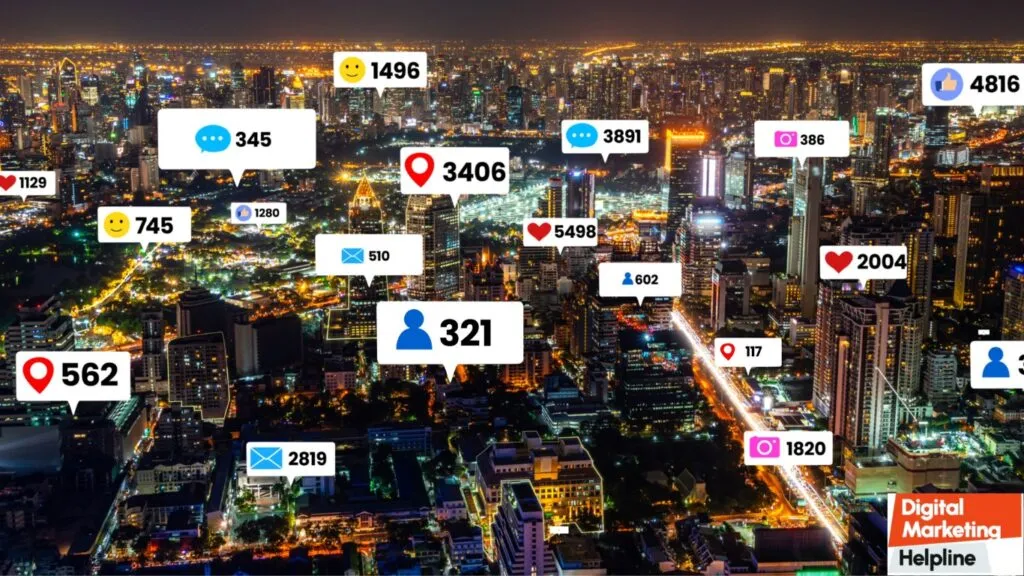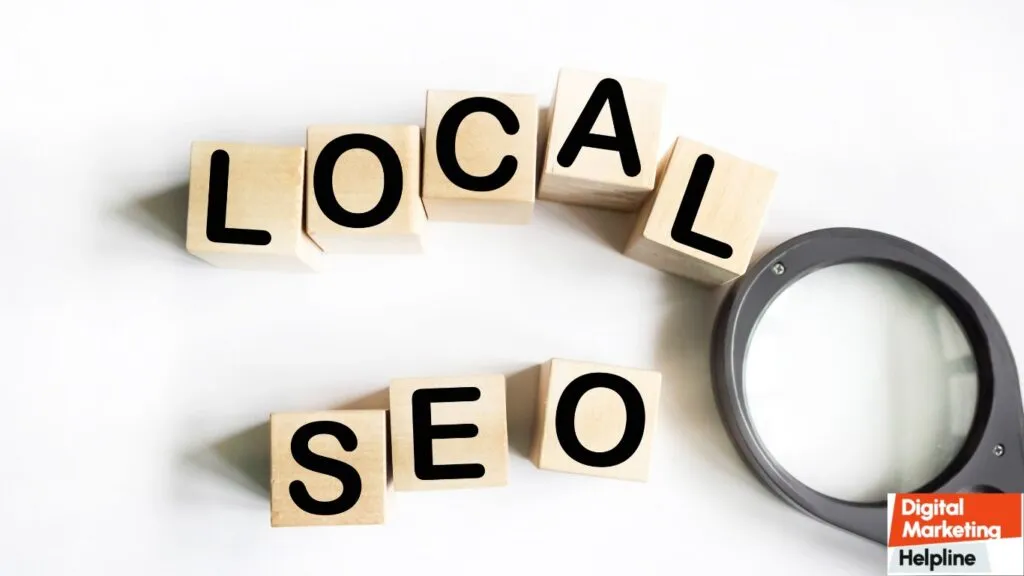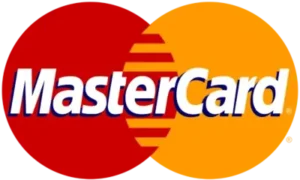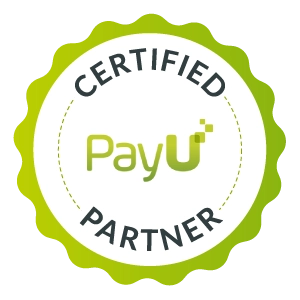
Introduction
Local businesses in the digital era face various obstacles and opportunities. In the 21st century, business owners who engage in digital marketing must appreciate the impact of local social media marketing. This blog discusses the best approaches to reach the local community and increase engagement and sales. Here is why you should focus on regional social media:
1. Local Market Power is Unmatched
The possibilities are infinite when entrepreneurs form relationships with their neighborhoods. Local customer interaction is critical when managing a small coffee shop, shopping mall, or family-owned diner. The following factors may explain this:
- Narrow Focus: Unlike marketing to a broad audience, local social media makes the demographic profile of your neighborhood an essential factor. Therefore, the content aligns more with the locals’ preferences and wants.
- Cost-Effective: Marketing to a specific local demographic is more affordable.
- Community Building and Fostering: Engaging the community is the only way to get a loyal customer base. You may open a dialogue, portray your brand’s “personality,” and give clients the feeling of belonging.
- Word-of-Mouth: Happy customers in a local environment may mention your establishment online.
Our Aim
Our aim is simple: to get ranked organically on Google. Overall, our vision as local business owners is to rank decently on Google as much as is practical. Therefore, when someone in the region keys your service or product, you appear hassle-free, engaging more traffic. The following sections include practical social media marketing tips and tricks for local businesses.
Understanding Local Social Media Marketing
Local social media marketing refers to a digital strategy that seeks to engage preexisting local consumers in the local community of a business setting. Local businesses differ from general consumers because most target consumers are in the exact location or vicinity. Some of the reasons local social media matters include:
- Hyper-Targeted Reach: Businesses are seen by individuals living or working nearby and are focused on local platforms. This enables relevant and related conversation and content.
- Community Building: Businesses become more than just another hub to sell products, services, or a collection; they become a vital part of the community’s social fabric.
- Cost-Effective: Whichever way businesses slice and dice it, local advertising usually pays more for your budget than national campaigns. Companies concentrating on reaching out to the neighbors can ensure each dollar spent reaches as far as possible.
Challenges and Opportunities of Social media marketing tips for local businesses.
Local social media marketing presents its challenges and opportunities, including:
- Algorithm Changes: Platforms like Facebook, Instagram, and Twitter always modify their algorithms. Businesses with a more minor budget will find it hard to be seen organically.
- Balancing Local and General Strategies: While applying the best practices in social media still works, adjusting for local will differ slightly from all other strategies used. Yours is not the only business vying for consumer attention.
Kate Bryan’s Success Story
One of the people who have successfully demonstrated this is Kate Bryan. Kate Bryan, a stylist in North Carolina, thought numerous Facebook friends would be the answer, but she discovered that her creative content, hairdo tutorial videos, thrived on YouTube. By embedding her excellent how-to videos on her blog and inviting Vimeo viewers to “Pin It,” she gained 161,000 Pinterest followers, her videos were viewed 85 million times on YouTube.com, and she had 517,000 subscribers. Kate’s success was creating content where her fans liked to be.
2. What Are Your Next Steps?
You are more hands-on and equipped to launch your regional social media marketing campaign. For more help to succeed, you need Social media marketing tips for local businesses:-
- Research your audience – understand the local demographics, what they want, what they like, and how they behave to arrange the content accordingly.
- Pick the best platform – do not presume that everyone is on Facebook. Maybe you can join Instagram, Pinterest, TikTok, and other networks your local audience uses the most.
- Understand your competitors – try to find out what they do on the regional level. Learn the gaps and the opportunities.
- Run targeted ads – to get local viewers’ attention; you may need paid advertising.
- Join the local groups online – engage with the local virtual communities as much as possible. Talk to your possible customers and make friends.
- Promote your content with location-based hashtags – find suitable local hashtags to boost your visibility.
- Create your community – make sure your audience feels like an online community. Share ideas and generate content together.
- Promote your business with local content – tell the stories about local events, partnerships, and collaborations.
- Host local events – make or visit local occasions and use social media to share information and report the case.
- Run contests and giveaways – these activities spark the engagement buzz.
- Drive the viewers to the stores – finally, you may build footstore traffic with the help of social media.
- Leverage the video content – the local video will make your connection more visual.
Do not forget that local social media marketing is not about posting but about helping you create relationships and become the community’s ally.
3. Why Invest in Local Social Media Marketing?

It comes with many advantages for those businesses that want to be present in the lives of the local customers. Here’s why you should invest your time and resources in Social media marketing tips for local businesses:-
1. Hyper-Targeted Reach
- Precision: Local social media enables you to understand your local demographics, ensuring your content addresses their needs and interests. Whether you are marketing a neighborhood event or providing an offer redeemable for a limited time, it is local and relevant. Additionally, while you may only deliver to a limited area, you can inform your prospective customers of your delivery services. Also, local advertising costs a fraction of what you would pay for a similar campaign that spans multiple states or countries. It’s the right people for less money.
2. Community Building
Local businesses thrive when they integrate into the local community. These are the ways that local social media can support community-building:
- You can engage with your locals. When promoting a neighborhood event, weeks or even months after the event, having the mayor comment: “Great to see our local businesses engage with us!”
- Clients who see you truly care are more likely to support you.
- Word-of-Mouth Amplification:- Happy local clients may be your best advertising, and local social media promotes word-of-mouth.
Encourage people who have had an excellent experience to write reviews on Google My Business, Yelp, Facebook, and other similar services.
What are the effects of investing in local social media?
- NAP Consistency: URLs constantly change since social media profiles are typically positioned high in search results.
- Local Backlinks: When local websites direct traffic to your content, it signals your relevance to search engines.
4. Competitive Edge
By participating actively in local social media, you give yourself a competitive edge:
- Be the go-to resource: when locals ask for recommendations like “the best coffee shop near me,” your business should come up. A steady presence on social media ensures you’re at the top of your mind.
- Stay ahead of chains: national chains have their place, but locals enjoy a more personalized experience. Use social media to tout what makes you unique—the cozy ambiance, handcrafted merchandise, or the community events your business sponsors.
Your Action Steps
- Audit your existing social media: how do your current social media profiles look? Are they consistent? Do they reflect your “local” theme?
- Create a content calendar: ensure your content includes many local themes, such as community events, behind-the-scenes peeks, local events, and holidays.
- Engage authentically: respond promptly to comments and messages. Weave in a human touch—share anecdotes, introduce your employees, or express thanks. Remember that local social media marketing isn’t just about algorithms and metrics—it’s all about relationship building and contributing positively to your community.
4. Key Social media marketing tips and Strategies for Local businesses Social Media Success

4.1 Understand Your Audience
- Demography, including age group, interests, and activities related to the location.
- Local events – identify which event or festival is significant for the community.
- Feedback loop – interact with social media users – through questionnaires, polling, and the feedback they give.
4.2 Choose the Right Platform
Not all social media platforms are the same. Choose the right ones where your local audience congregates.
- Facebook is ideal for community pages, event marketing, and local news sharing.
- Instagram focuses on visual display, Identifying your company, products, and local beauty.
- Twitter is great for real-time updates, local trends, and short interactions.
- Next-door: This is a hyper-local platform that connects neighbors.
4.3 Know Your Competitors
Find out what other local businesses are up to, and look at what they do on social media.
- Competitor Research: Snoop on their content, level of engagement, and successful campaigns.
- Identify Gaps: Find what other businesses are doing and ensure you can do something more to stick out.
4.4 Run Targeted Ads
Invest in paid advertising to help you reach your local audience effectively.
- Geo-Targeting: Show ads only to users within a certain radius of your business.
- Promote Your Local Offers: Advertise discounts, events, or limited-time deals.
4.5 Join Local Groups
Engage in local online communities:
- Facebook Groups: join neighborhood groups, business associations, and hobby groups.
- LinkedIn Local: connect with other professionals around you.
4.6 Promote Content with Location-Based Hashtags
Hashtag your content with relevant local tags.
- Event Hashtags: Use such tags to promote community activities, festivals, and business hashtags.
4.7 Build Your Community
Build a community around your brand.
- User-Generated Content: Share your user’s photos, testimonials, and success stories.
- Local Influencers: Work with local influencers.
4.8 Promote Business with Local Content
Show off how you are tightly knitted with the community:
- Behind-the-scenes: display your team, show your workspace, and promote your local suppliers.
- Local Partnerships: find a way to collaborate with other businesses.
4.9 Organize Local Events
Host local events or feature on local occasions.
- Event Coverage: use social media to promote and cover upcoming events live.
- Event hashtags: Encourage attendees to use event-specific hashtags.
4.10 Run Contests and Giveaways
- Local prizes: offer the audience giveaways.
- User Participation: ask your followers to share their best moments
4.11 Drive Traffic to Stores
Don’t stick to organic reach; leverage social media to attract foot traffic:
- In-store promotions: Announce flash sales, new arrivals, or special discounts.
- Local Loyalty: Reward repeat customers with secret store-wide discounts.
4.12 Leverage Video Content
Every social media platform loves visuals—it’s a fact:
- Local Stories: Share success stories of local customers.
- Virtual Tours: Take followers behind the scenes of your store.
Remember, local social media success isn’t just about building a follower count—it’s about building meaningful connections and contributing positively to your community.
Conclusion:-
The Power of Local Social Media Marketing
Local social media marketing isn’t just a trend; it will be a vital lifeline for any business working in/with a specific community. Here’s why it’s important:
- Community Connection: Businesses that engage with local residents earn trust, generate relationships, and transform into an essential part of the neighborhood.
- Cost-Effective: Targeting advertising campaigns at nearby consumers helps companies manage their spending more efficiently.
- Relevance: Creating content that matches local preferences will resonate with the community.













